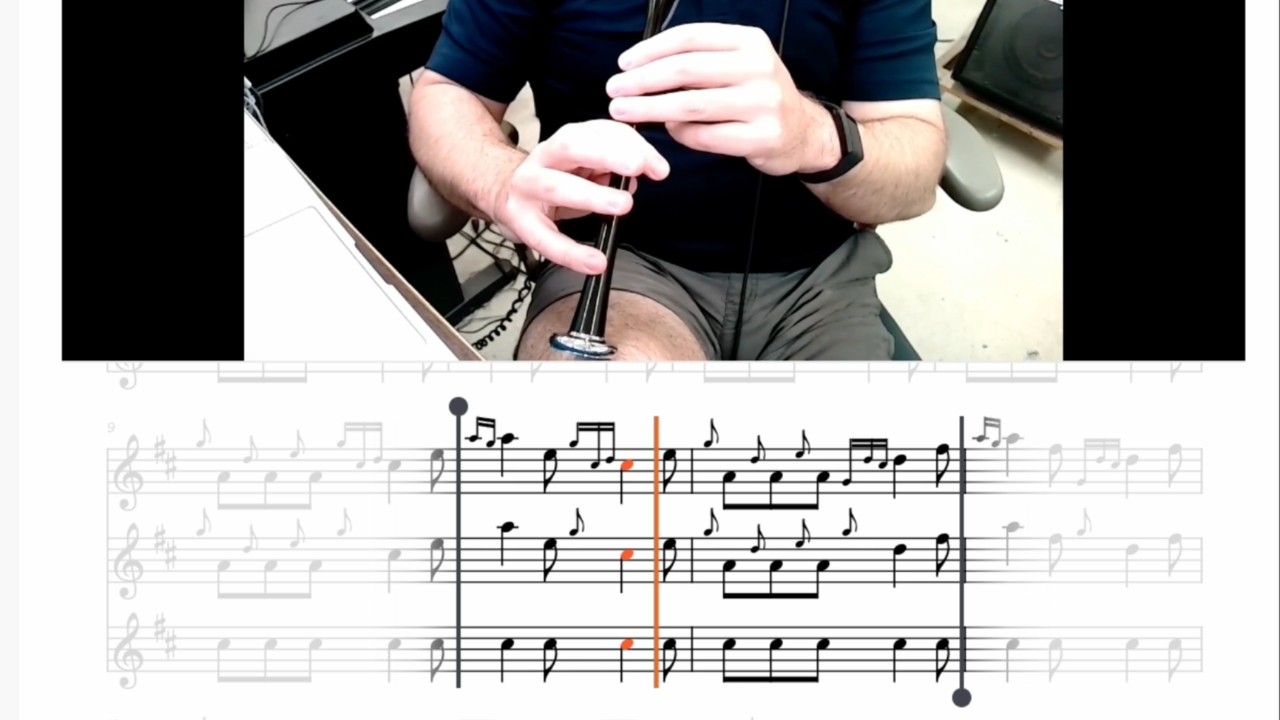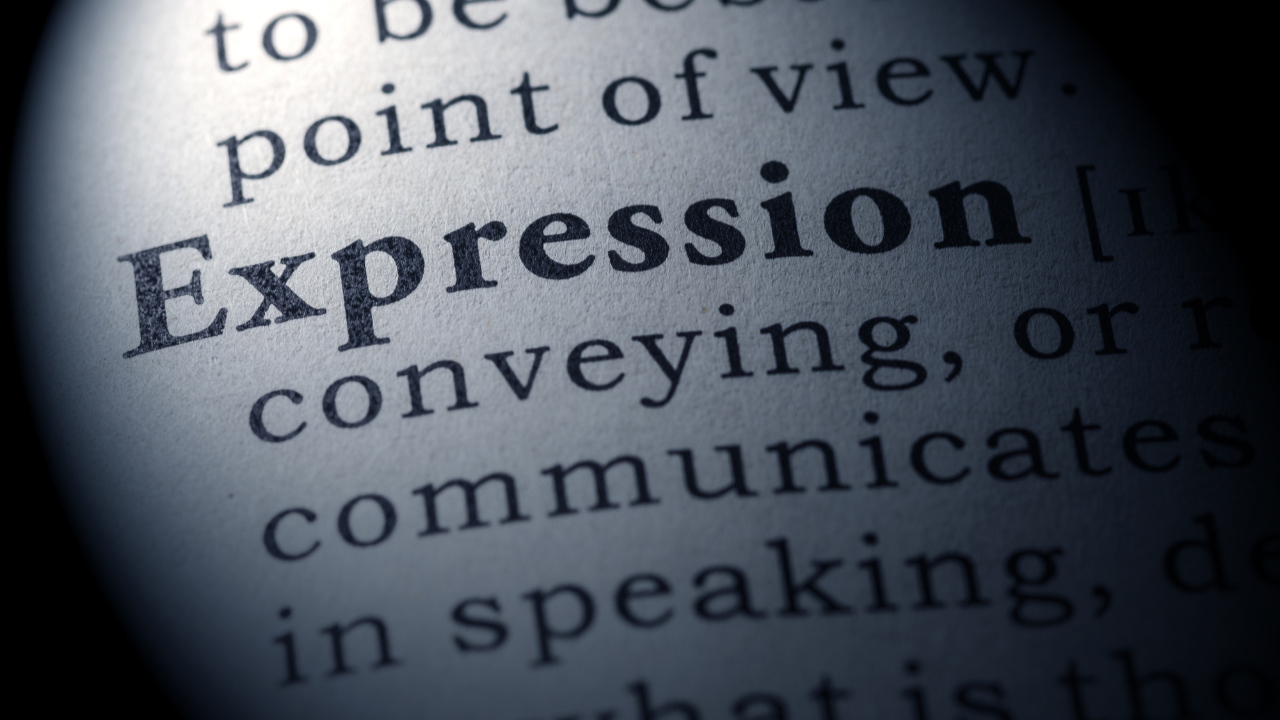The Dangers of Solo Competing
Jun 30, 2024
Would you rather perform at a wedding, or compete solo in front of a judge?
Many pipers would tell you they'd infinitely prefer the first. After all, it's far less nerve wracking to play in front of a crowd of appreciative – and already emotional – family members than to perform a technically challenging tune for an expert listener.
So what are the dangers of solo competing that our fight-or-flight response would tell us to avoid?
Will you have to... perform under pressure to an educated audience of skilled pipers?
Will you have to... face your nerves in a stressful performance environment, and see how your skills hold up under pressure?
Will you have to... receive targeted critiques that expose your weaknesses?
The answer to all of these is, of course, "yes". But they aren't the "dangers" our fear would tell us they are.
They're actually spectacular opportunities.
Competing as a solo player can be daunting – at first. But it's also an incredible chance to perform for an educated, attentive audience, who can offer unique insight to help you improve as a player.
At weddings or funerals, the crowd might not notice or care about whether you play a D throw consistently, or hit that hornpipe strike completely rhythmically. But at a solo competition, you're playing for people who truly understand and appreciate the nuances of bagpiping. Where else can you enjoy this opportunity to demonstrate your abilities, learn from mistakes in a supportive environment, and refine your abilities by tackling areas for improvement head-on?
Adjusting to the competitive environment can be tough, especially if you've had negative experiences in the past. Reading critical feedback on a judging sheet can be disheartening, but it's important to remember that the goal is to improve. For the most part, judges' comments will be constructive and supportive. But even if you do receive negative feedback, if taken constructively, it can still help you develop as a performer.
Another common trap some pipers fall for in solo competing is playing solely for the prizes. Music is a form of self-expression, not just a means to win medals – because at the end of the day, what have you really won? A subjective prize for playing the best on the day in one person's opinion?
If you hang your hat on winning, you're leaving yourself open to major disappointment the time you have a great run at your tunes, but don't place. Maybe the other competitors had better runs that day. Maybe the judge favoured a different tune or was focused on different issues to the ones you felt you nailed that time. Either way, focusing too much on accolades (over progress as a musician) can lead to burnout and a loss of passion. Instead, enjoy the process, focus on improving, and let any placings be a natural byproduct of your hard work and passion.
It's also important to manage how you receive feedback. Judges aren't there to be mean – they're providing you with feedback to help you grow, not to demoralize you. Consider their comments thoughtfully, look for patterns or consistent pickups about your playing, and integrate objective, achievable adjustments to improve them into your practice routine.
If you're considering stepping into the world of solo competitions, embrace the challenges and enjoy the ride!
Check out this episode of the Dojo Conversations podcast as Jim and I explore more of the "dangers" of solo competing!
Stay connected - subscribe to our free Weekly Digest!
Get bagpipe knowledge delivered to you every Monday! Tips and tricks, podcasts, special offers, and more.
We hate SPAM. We will never sell your information, for any reason.




